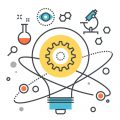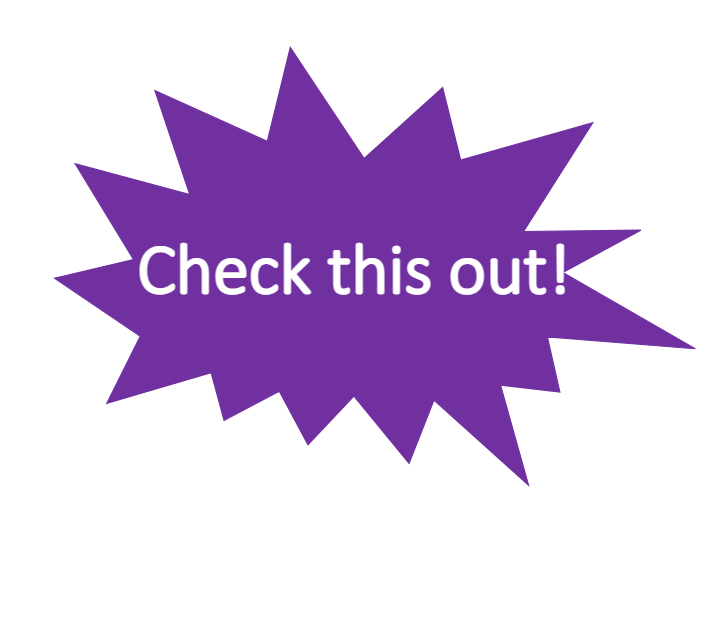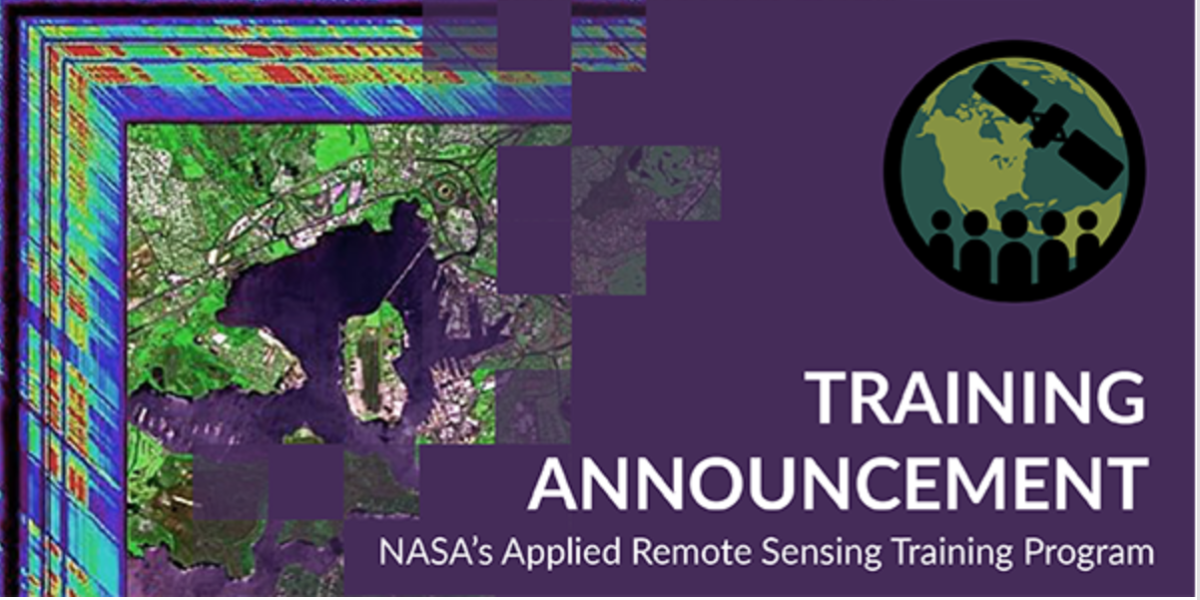Graduate student opportunities studying the chemical ecology of Floridian freshwater and estuarine ecosystems with LAKEWATCHPosted: 1-August-2023
Position is open until filled; the review of applicants will begin on 22-September-2023
Location: University of Florida, Gainesville, Florida, USA (Millhopper Unit)
Department: School of Forests, Fisheries, and Geomatic Science (SFFGS), https://ffgs.ifas.ufl.edu/
Supervisor: Dr. Gretchen Lescord (lescord.g@ufl.edu), assistant professor and director of LAKEWATCH, https://lakewatch.ifas.ufl.edu/; and notable collaboration with Ted Lange, biologist, Florida Fish and Wildlife Conservation Commission
Background The LAKEWATCH lab is seeking multiple graduate students to study the chemical ecology of Floridian freshwater fish. The candidate will work collaboratively with University of Florida’s LAKEWATCH program and the state’s Florida Fish and Wildlife Conservation Commission (FWC), exploring, utilizing, and expanding on their long-term datasets to address novel research questions relevant for the management of sub-tropical freshwater ecosystems.
LAKEWATCH is a water quality monitoring program that facilitates “hands-on” participation by volunteers in the management of Florida lakes, estuaries, rivers and springs through monthly sampling activities (Hoyer et al., 2014). It is one of the largest citizen science programs in the country, with over 1800 trained volunteers and 800 monitored ecosystems. The importance and value of these monitoring data are recognized by the Florida Legislature (Florida Statute 1004.49.) and have been used by various stakeholders around the state, including FWC. Over 30 years of water quality data from the 800+ monitored sites is available for use in this project.
FWC’s Freshwater Research section strives to provide timely information and guidance to protect, conserve, and manage Florida’s freshwater fish and invertebrate resources by conducting high quality biological, social, and economic research on priority management issues. Priority areas of research include ecosystem response to landscape level perturbations including minimum flows and levels, water quality and quantity, climate change, habitat degradation, nutrient loading, harmful algal blooms, fish contaminants and exotic species introductions. Long-term and directed research data collection of fish contaminant data (legacy pesticides, mercury, PFAS, and newly emerging chemicals of interest) is ongoing and focused on both ecological and human health endpoints.
We are seeking 1 PhD candidate (confirmed) and 1-2 MSc candidates (funding-pending). The PhD student will build on past work of both groups (e.g., Lange et al., 1993; Lescord et al., 2018, 2019) and develop a research project that assesses temporal trends in mercury concentrations in Floridian fish and the long-term limnological drivers thereof (e.g., chlorophyll α). Additionally, new data will be generated on water and/or biota, to build a more complete understanding of these systems, in line with the candidate’s research interests. The MSc students will work on related and complimentary topics. LAKEWATCH has an extensive water quality lab and is establishing a new contaminants lab, which the candidates will have access to, providing valuable analytical experience.
The candidates will have the opportunity to play a leading role in developing the specific research questions addressed, using both historical and newly generated data. If you have a relevant research idea, please let Dr. Lescord know what you are interested in studying in your application! Potential research topics include (but are not limited to):
- How changing water chemistry and aquatic plant abundance alters the food web structure, biotic communities, and contaminant transfer in Floridan lakes, rivers, canals, and wetlands;
- The role of dissolved organic matter (DOM) in the limnology, trophic ecology, and mercury cycling of Floridan lakes;
- The role of invasive species (Flora and/or Fauna) introductions and range expansion in sub-tropical freshwater food webs and the transfer of contaminants;
- Comparing the rates of mercury biomagnification across food webs of limnologically diverse Floridian aquatic ecosystems;
- How limnology and trophic ecology affect the fatty acids profile of wild-caught Floridian fish.
Preferred Qualifications – PhD Candidate
-M.Sc. in limnology, environmental science, ecology, chemistry, or a related discipline; AND
-Significant independent research experience, preferably demonstrated through leadership or significant participation in one or more published peer-reviewed paper in a high quality and relevant journal. A journal article in-review or in-preparation for publication would also fulfill this preferred qualification.
Preferred Qualifications – MSc Candidates
-B.Sc. in limnology, environmental science, ecology, chemistry, or a related discipline; AND
-Significant Research experience.
Desirable skills (MSc and Phd):
-Knowledge and interest in relevant topics, including limnology, environment chemistry, contaminants, food web ecology, etc.;
-Lab experience, including (-but not limited to) sample preparation, instrumentation, quality assurance and control procedures, and lab safety;
-Field experience safely collecting abiotic and biotic samples from aquatic ecosystems (e.g., water, sediments, benthic invertebrates, and fish);
-Strong technical writing skills and direct experience in the peer-reviewed publishing process;
-Experience and interest working with large datasets, particularly using the R coding language, and multivariate statistical modeling;
-Experience or significant interest in community-based science and collaborating with the LAKEWATCH volunteers;
-Effective communication skills across a variety of audiences, including non-specialists.
Other skills that would be considered an asset in the Lescord/LAKEWATCH lab:
-Experience working with stable isotopes for ecological and/or limnological modeling;
-A commitment to practicing the Lescord Lab’s core principles and skills, including scientific integrity, innovation, effective communication, respectful and ethical collaboration, and personal well-being
To apply Please send: (1) a cover letter, (2) a copy of your CV with the contact information for 2-3 references, (3) a copy of relevant transcripts (unofficial or official), and (4) a copy of a recent publication (if available and applicable) to Dr. Gretchen Lescord, lescord.g@ufl.edu. In your cover letter, please clearly indicate which degree (MSc or PhD) you are applying to pursue and how you found out about the opportunity. Review of applications will begin on September 22, 2023. Selected applicants will be invited to a zoom interview in September – October 2023. Successful interviewees will be asked to complete an application for graduate school, due to the school January 1/2024. The projects intended start date is Fall 2024.
The home department of the successful candidate will be the Fisheries and Aquatic Sciences Program, School of Forests, Fisheries, and Geomatic Sciences (SFFGS) in UF/IFAS (https://ffgs.ifas.ufl.edu/). Guidelines and requirements for graduate school admissions, which the selected candidate is responsible for successfully completing, can be found at https://ffgs.ifas.ufl.edu/academics/apply/ and https://admissions.ufl.edu/apply/graduate/; GRE schools are no longer required for SFFGS admissions.
The position(s) will be fully funded for 2 years (MSc) or 4 years (PhD) through research assistantships at a minimum of $25,000 and $30,000 USD/year (+ health benefits), respectively, and in-state tuition support. Therefore, all positions are dependent on funding availability at the time of the candidates’ application/acceptance. The selected applicants may also be considered for department fellowships at the time of their application, which would provide the student’s stipend and tuition support, in place of the amounts discussed above. Additional fellowships are available through the school of graduate studies (http://graduateschool.ufl.edu/prospective-students/funding/).






